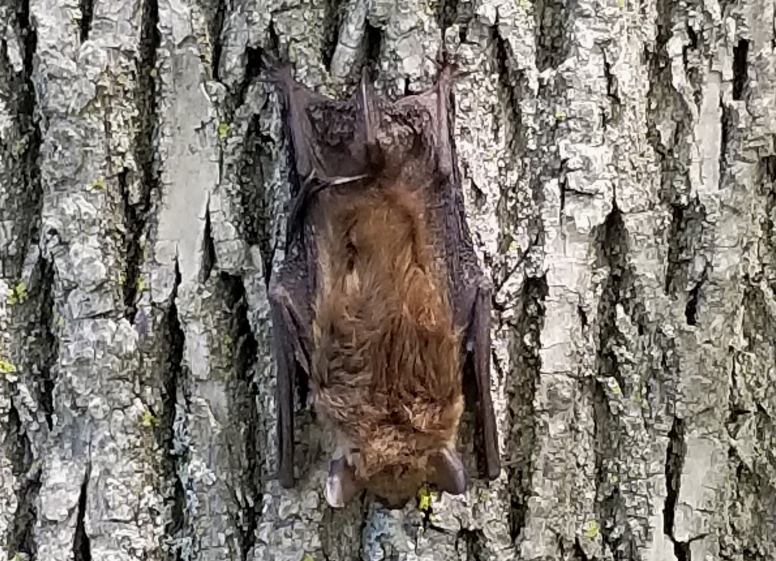I just heard an interesting story on NPR regarding wolves and ranching. I’m a wolf advocate, so these stories particularly garner my interest. It started out by reminding us that the Rocky Mountain population of gray wolves are being de-listed (from the endangered species list) at the end of this year; a relief to ranchers who will be allowed to hunt them on (and off) their property. While I’m not in favor of de-listing these wolves yet (and although the science for doing so with this population is sound [this time], I vote with the argument for not de-listing until the species is appropriately recovered throughout it’s entire former range*) they didn’t focus on this statement. Rather they used it to segue way into the struggles that ranchers now have in order to make a living every year; a perspective I found refreshing.
The main point of the story being that wolf predation of cattle is the least of a rancher’s worries, even though the loss of just a few head of cattle can be thousands of dollars to an individual rancher. It was mentioned that wolves don’t even account for the majority of cattle takes in a given year – coyote and grizzly bear do. Unfortunately for wolves however, (and anyone familiar with reintroduction efforts of the species can tell you this) they become the scapegoat because so many people have a visceral reaction to them. They are seen by many who work the land as the ultimate predator that men (often the grandfathers and great-grandfathers of today’s ranchers) worked to eliminate from their lands completely. Sadly though, an ecological perspective – the importance of top-level predators in an ecosystem – is lost in the daily struggle to make a living. Not a perspective that I can’t understand, but I find it sad nonetheless. Isn’t the struggle to make a living and expand our way of life the argument which justified the deaths of so many Native Americans during the colonization and western expansion of our country?
The story went on to talk about the diminishing returns ranchers are seeing every year – making it harder for them to stay in business. And some ranchers are taking big money from developers to sell off their land, creating what could become a drastic change in the western landscape. The question was raised whether traditional ranching, or multi-million dollar tourist “ranches” and increasing development would become the future of the west. They wrapped up the story succinctly by stating that among all the woes facing ranchers, wolves are the one issue that they can “put in their cross-hairs and pull the trigger on.”
___________________________________________________
*More on the argument for delaying wolf de-listing… Waiting until wolves are recovered throughout their former range (see this link from the US Fish and Wildlife service for a map) before de-listing has a sound scientific argument: a population potentially under threat (and yes, despite their strong numbers now, humans still can prove a threat to wolf populations – we’ve already shown this to be true by eradicating this once wide-spread species in the first place) wouldn’t be an isolated one, and could [potentially] renew itself if necessary with individuals – and genes – from a more stable one. Additionally, some argue that recovering wolves in their entire former range, instead of saying that they’re stable just “here”, is truer to the spirit of the endangered species act.



